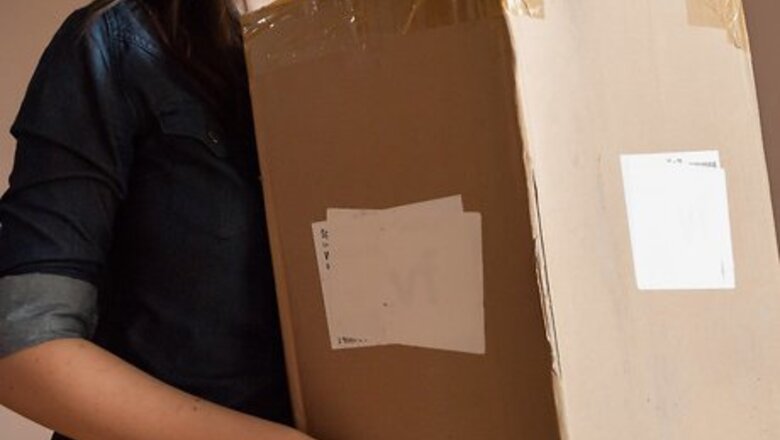
views
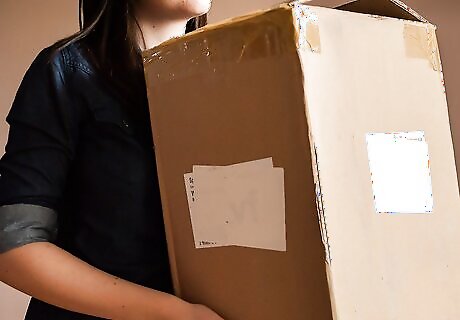
Downsize and pay. Clear your liabilities. Downsize your living. Pay down credit cards and sell your car and get an economical and fuel efficient one.

Spend only on needs. Spend the money you have on basics, like food, water, batteries, wool blankets, soap, and duct tape. Basically only on things that are required for surviving. Kids who have left home can move back in and help by contributing to the resources.
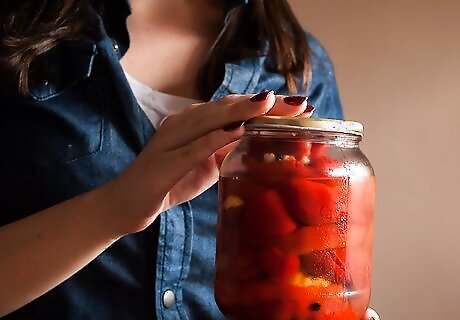
Produce on your own. Plant a garden and grow vegetables that are possible for your habitat to grow. Keep some farm animals if possible, too. Animals like chickens (eggs, meat), goats (dairy), and cows (dairy) will all help. Keep easy-to-store food supplies and invest in a water purification system, along with bottled water. Live near the sea if possible and fish or hunt.
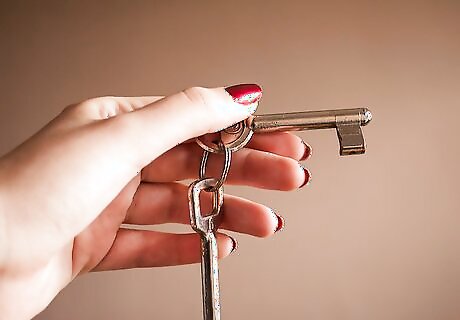
Be safe. Protect your family with locks and guns in case desperate measures are necessary during a food shortage. Never keep the ammunition for the guns close to where the guns are, they should be in separate places, and both should be locked and secure. More gun accidents happen in homes than in any other place.
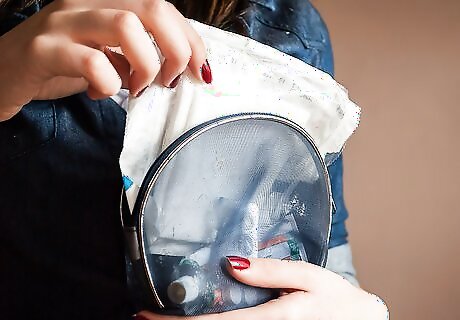
First-aid kit is important. This is very important and should be your priority. Put together a basic first-aid kit for emergencies. Include bandages, pain relievers, cold packs, and alcohol, and keep the kit in a secure and safe place.
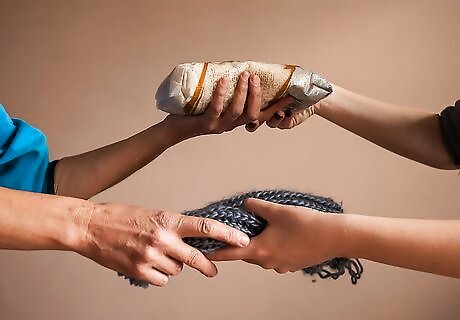
Barter for necessities. Barter with your neighbours. Give away things that you don't require in exchange for things you need.

Exchange the money. Convert your money and investments into precious metals and stocks. A super-inflation will render money worthless.

Be rational. Don't panic as nothing is permanent.











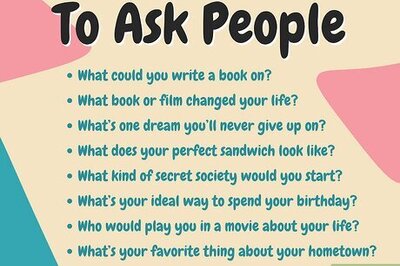


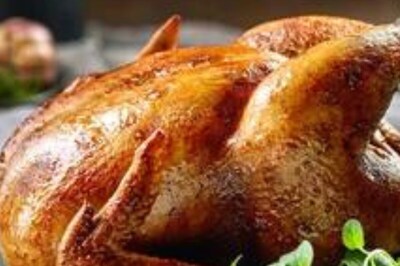


Comments
0 comment